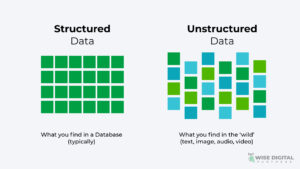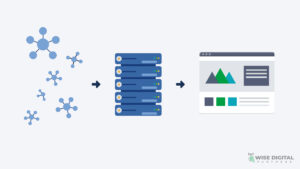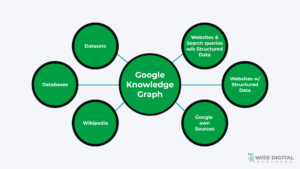It's Time to Get WISE.
A quick, honest call to assess your needs and point you in the right direction—no sales pitch. Best suited for:
- Established businesses with a defined marketing budget
- Businesses prepared to grow and scale
A deep dive with a top expert to uncover gaps and map a smarter path forward.
- Includes a $250 digital audit covering your website, SEO, local presence, and online performance—yours to keep.
- Get smart, actionable ideas you can apply to your business right away.

Enter the email you would like your guide sent to:

Enter the email you would like your guide sent to:

Enter the email you would like your guide sent to:
Apply Today
Please fill out the information below. Someone on our team will reach out in 3-5 business days to schedule a call if we see a good fit.
Book Patrick Dillon
Thanks for your interest in booking WISE CEO Patrick Dillon on your podcast! Please complete the form below, and a team member will contact you shortly.

Remove Negative Reviews.

There’s a common misconception that all data is created equal. The truth is some data is structured; some isn’t.
But what’s the difference? And how does knowing the difference between structured and unstructured data help you increase visibility, improve click-through rates, and drive more organic traffic to your website?
We’ll tell you everything you need to know here.
Unstructured vs. Structured Data: What’s the Difference?

Most web pages only contain unstructured data—content blocks, images, videos, and depending on what feed was displaying, social media feeds. This data falls into the “unstructured” category because it’s challenging to organize and analyze using traditional tools or processes.
We often rely on spreadsheets and databases to organize information and give order to unstructured data.
Structured data, on the other hand, is clean, well-organized information that can be quantified in numbers and values. Examples of structured data might be customer ratings, store hours, transactional and sensor data, or any information that can be effectively presented in an Excel or CSV file.
Structured Data: Why it Matters
Most data found on the Internet is unstructured, which is why many companies have ignored structured data altogether. This is a big mistake because it’s a critical part of SEO!
Here’s why structured data matters.
Better Search Results
Incorporating structured data into your website makes it easier for Google to understand and contextualize your page. Enhanced snippets of quantifiable information like ratings and prices can improve visibility and click-through rates, creating more organic traffic.
Improved Indexing

Google’s objective is to understand every page of content on your website, categorize it appropriately, and feed users with accurate results. Your structured data enables Google to do that.
By incorporating structured data into your website, you give Google explicit signals about the meaning and structure of your content. Are you offering recipes, products, events, or articles? Your structured data will give Google the answer.
Get Integrated into the Knowledge Graph

In simple terms, the Google Knowledge Graph is a giant database that stores information taken from websites, databases, and public information sources.
Why is this important?
Google uses structured data to populate its Knowledge Graph. Websites with loaded incorrect or incomplete structured data won’t be as discoverable as a website with a little amount of correct structured data.
Qualify for Rich Result Features
Rich result features provide Google users with detailed information without requiring them to click on a specific website. A good example is Google’s “snippets” feature, which gives summaries at the top of search results. Carousels and knowledge boxes are two additional examples of rich result features.
By implementing structured data, you increase the odds of your content being considered for enhanced search results.
Voice Search Optimization
More and more users are using voice searches to find answers to their questions. And here’s the thing: voice assistants need structured data to feed users accurate answers.
If your website has structured data, it’s more likely that you will be chosen as a source for voice search results.
Why Aren’t Companies Using Structured Data?
There are a few reasons why more companies aren’t prioritizing structured data. One reason is that they may need more resources or perhaps they work with an agency that does not use structured data as part of their SEO strategy. Another reason may be that their CMS does not support structured data. Or, they simply do not see the value in structured data.
That’s unfortunate.
Structured data is quickly transitioning from a useful to a necessary component in digital marketing. Not only will it improve your current visibility, but it will also ensure you future-proof your online presence.
Your Digital Marketing Partner
At WISE Digital, we’re invested in our client partners and empower them to achieve their digital marketing goals. Structured data is a big part of SEO in 2023, and we’re on the scene, leveraging its power for your benefit. If you have questions about structured data or digital marketing in general, reach out! We’re here to help.
Share
Subscribe to WISE Insights
Stay ahead of the digital marketing curve and never miss a lucrative trend or insightful tidbit – subscribe to our WISE blog!
Keep Reading
Build. Grow. Soar.
Get WISE about digital marketing with advanced services, industry experts, and cutting-edge tools designed for long-term, sustainable growth.





